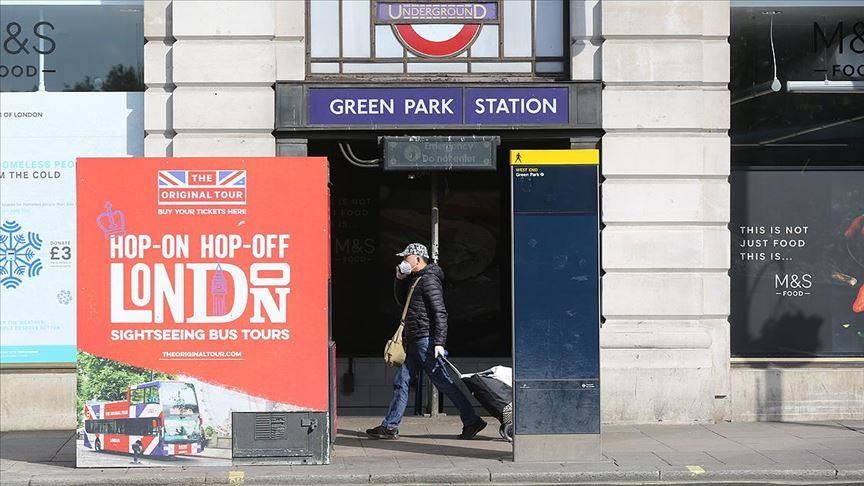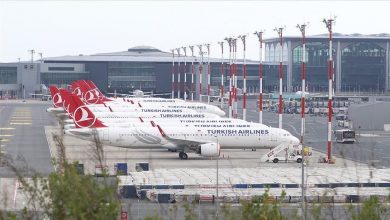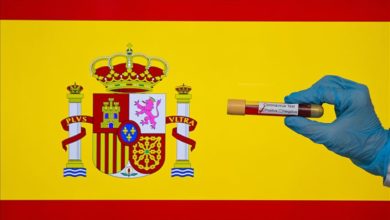
Speaking at a daily news briefing, Transport Secretary Grant Shapps said United Kingdom Prime Minister Boris Johnson will give a speech on Sunday outlining a “roadmap” to easing the lockdown.
It will be “a gradual process, not a single leap to freedom,” Shapps said.
Local media reported that in Johnson’s speech tomorrow, it will be announced that air passengers arriving in the UK will have to quarantine for two weeks, as Britain seeks to avoid a second wave of coronavirus.
The new measures are expected to come into force in June, and will cover ports as well as airports.
Those breaking the rules could face a £1,000 ($1,240) fine, or perhaps even deportation.
International travel to and from United Kingdom ( UK )
Airlines UK, the trade body for UK registered airlines, were quoted by Sky News as saying the policy “would effectively kill international travel to and from United Kingdom and cause immeasurable damage to the aviation industry and wider UK economy.”
“Nobody is going to go on holiday if they’re not able to resume normal life for 14 days, and business travel would be severely restricted.
“It will also make it all but impossible for aviation to resume any time soon, thereby setting back the UK’s economic recovery still further.”
Virgin Atlantic announced on May 5 that it will axe 3,150 jobs in the United Kingdom.
The airline employs around 10,000 people, meaning it will cut its workforce by over a third. It will also end its operations at Gatwick airport.
That news in turn came a week after British Airways announced on April 28 that it will cut 12,000 jobs.
International Airlines Group (IAG), the airline’s parent company, said it will make over a quarter of British Airways’ workers redundant as the majority of its fleet remains grounded due to the global pandemic. British Airways’ employs 45,000 people.
Public transport
Shapps said the post-coronavirus world will need more cycling and walking, as even at full capacity, some parts of public transport will only be to handle one in ten of usual passengers once social distancing is taken into account.
To this end, he announced a £2 billion package that would put cycling and walking “at the heart of the government’s transport policy.”
The measures include £250 million in emergency funding to make cycling and walking safer, including cyclist-only streets and wider pavements.
A national cycling plan that aimed to double cycling and walking by 2025 will be brought forward, too. E-scooter schemes will be trialed and set up as soon as possible as well.



